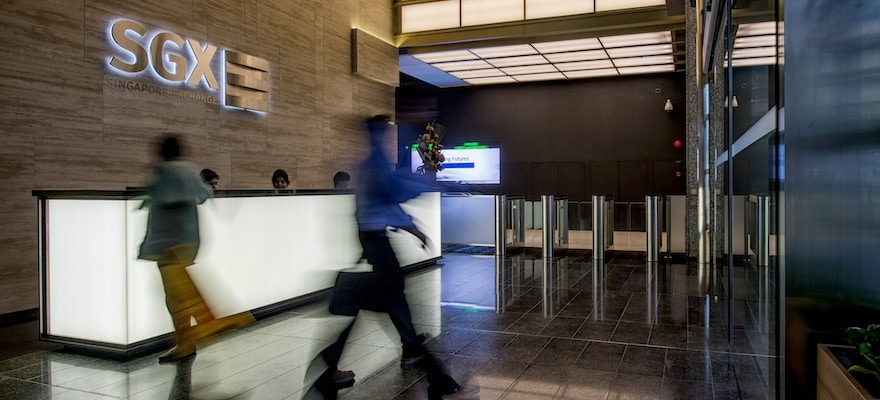Upwards of three of India’s largest stock markets have stopped licensing their data to SGX, convulsing the group’s share prices. The delicensing move in India represents the country’s latest defense mechanism against outsourced exchange trading that has been leaving India in recent years.
Discover credible partners and premium clients at China’s leading finance event!
In particular, SGX will no longer be data from the National Stock Exchange of India, the Bombay Stock Exchange and Metropolitan Stock Exchange of India, according to an FT report. These constitute three of India’s largest exchanges, afflicting SGX, given it operates as the main international exchange for Indian stock futures.
Of note, India NTR Futures volume and INR/USD futures volume reflects some of SGX’s most tradable instruments. The move is important given SGX’s role in offering these instruments to international investors. Share prices of SGX consequently plunged over -9.0 percent Monday.
The decision is a huge blow to SGX, as the futures offering has become a viable and increasingly popular way for international investors to gain exposure into Indian markets. Moreover, as Singapore futures are subject to lower taxes, which further increases their appeal amongst investors.
The move is an attempt by India to keep much as much trading and Liquidity domestically. Historically, liquidity and derivatives trading had gravitated towards more internationally-utilized venues like SGX and others. This move out of the country prompted fears from Indian venues, many of which claimed was counterintuitive to their interests.
For its part, SGX would be taking action over the next few months to see what sorts of solutions can be adopted to replace the now cancelled data and Indian securities prices. A group statement echoed this stance, suggesting it would: “take all measures to maintain orderly trading and clearing of SGX India equity derivatives for our international clients”, possibly developing alternative solutions.


















